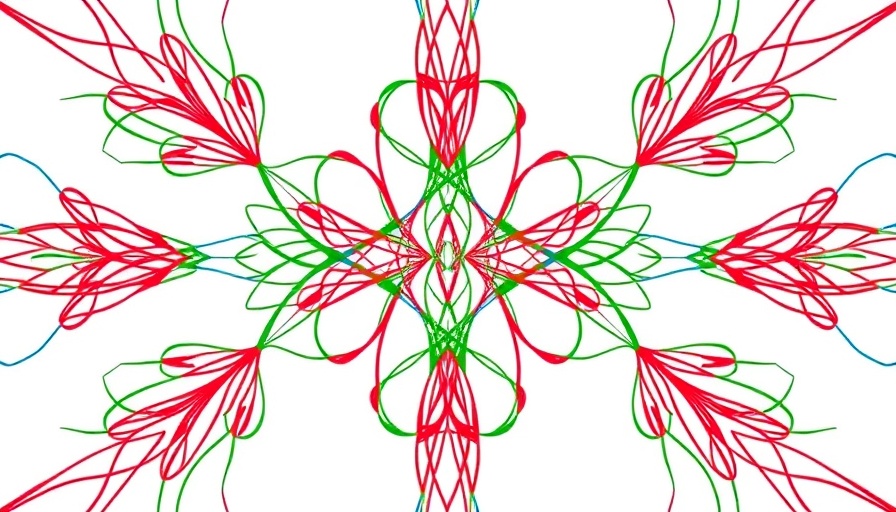
A New Dawn for Minova: Rebuilding Lives After Conflict
In the aftermath of conflict, resilience and determination define the spirit of the residents in Minova, a community deeply affected by the recent military actions in the region. As Burundian troops withdrew from this strategic locality, formerly besieged by various militia groups, Minova’s farmers have begun to return to their lands, optimistic about revitalizing their livelihoods.
Understanding the Impacts of Foreign Military Involvement
The presence of the Burundi National Defence Force (FDNB) profoundly disrupted local life. Nearly 10,000 troops, backing the Congolese government against the M23 insurgency, established their bases amidst the daily lives of Minova’s people, pushing them from their fertile fields and into unstable living conditions. The destruction of homes and farms left a significant void, as residents like Bahati expressed a collective sigh of relief following the troops' defeat. “Good riddance,” he remarked, emphasizing the dire changes that had unfolded.
Restoring Order: The Return to Normalcy
With the defeat of Burundian forces, the path to recovery has started to take root. Citizens are returning to farming, a practice that not only symbolizes their resilience but also plays a critical role in reviving local trade. Sifa Mawulizo, sharing her experiences, stated, “We are back to our farms. Things are now going well.” This optimism reflects a nuanced understanding of how local economies can flourish amid regrowth initiated by peace.
The Role of the M23 in Local Governance
The M23, often painted as an adversary in global discourses, emerges as a nuanced actor in this landscape. Espérance Antoinette highlighted that, despite his reservations, there have been no significant security issues since the M23 assumed control. However, there are still challenges facing Minova, with the administration's ability to ensure educational salaries raising concerns among locals. Such dynamics reflect the complexities of governance and power in post-conflict scenarios.
Future Directions for Minova and Beyond
This situation in Minova’s recovery encompasses larger implications for African governance and regional stability. As this community rebuilds, so does its potential reengagement with the economic frameworks of the greater Kivu region. The transition provides valuable lessons for policymakers, especially concerning foreign relations and resource management. The interplay between local agency and external influences is a vital consideration in the evolving landscape of African geopolitics.
In conclusion, Minova stands as a testimony to resilience, showcasing how communities can navigate through the aftermath of conflict while laying foundations for economic recovery. The story of Minova is not just a local narrative; it reflects significant themes in Africa’s socio-economic and political intertwined fabric. Engaging with these transformations is essential for understanding Africa’s future direction amidst global challenges. As such, the narrative of rebuilding resonates widely—encouraging shared learning and cooperation across borders.
 Add Row
Add Row  Add
Add 


 Add Row
Add Row  Add
Add 

Write A Comment